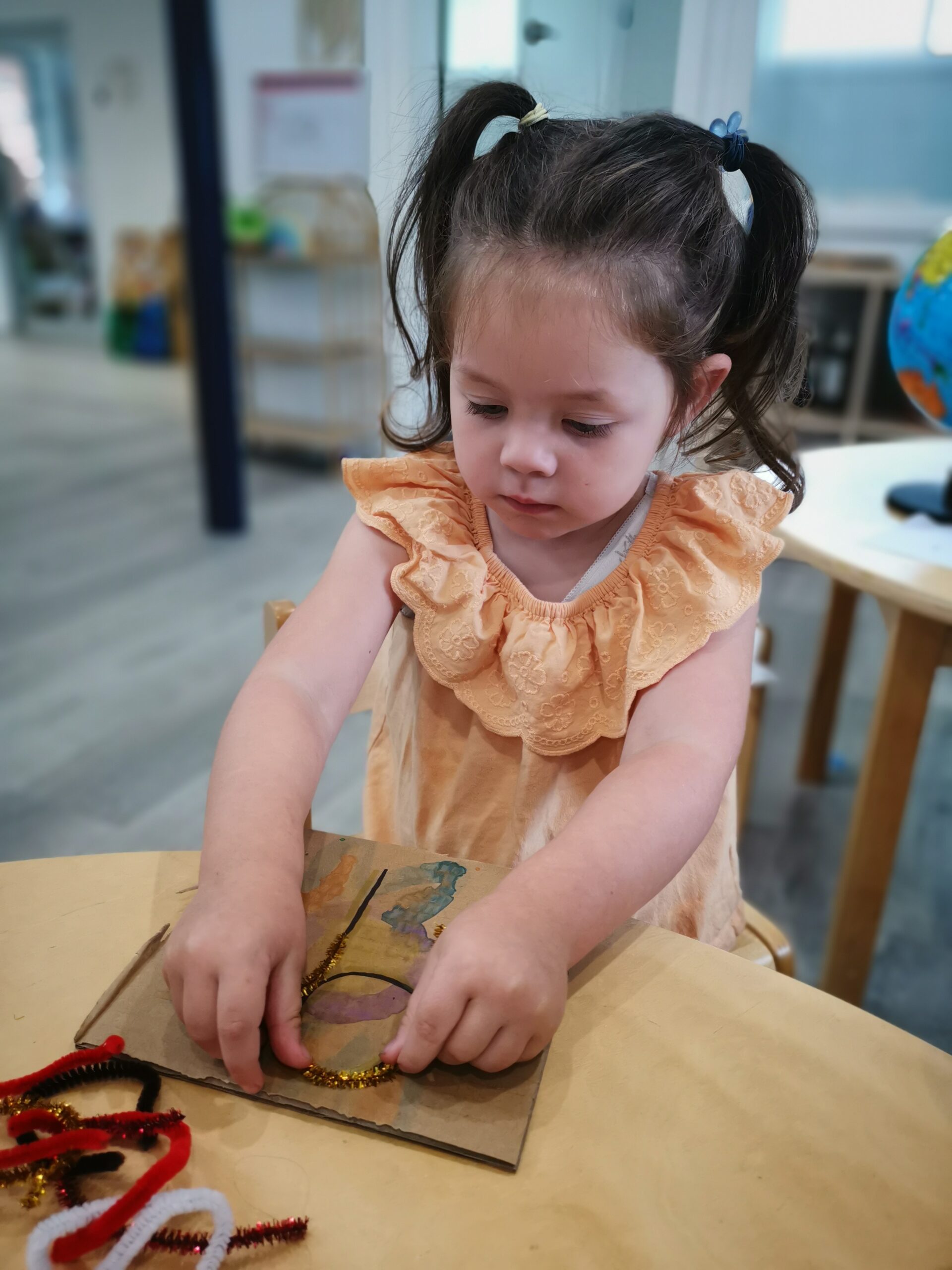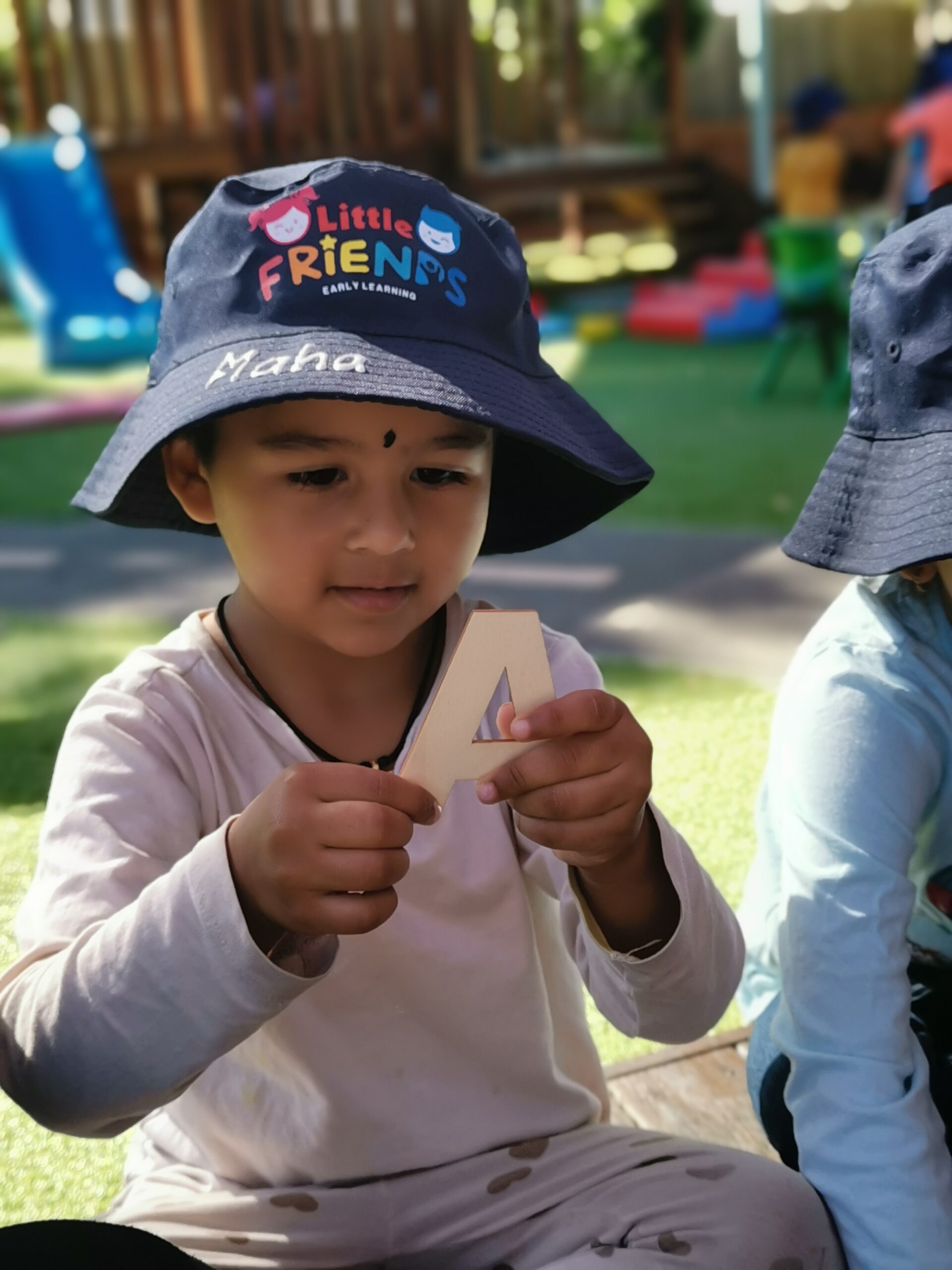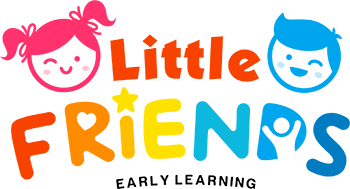School Readiness
QA1
- Standard 1.1
Program- The educational program enhance each child’s learning and development
- Standard 1.2
Practice- Educators facilitate and extend each child’s learning and development
- Standard 1.3
Assessment and Planning-Educators and coordinator’s take a planned and reflective approach to implementing the program for each child.
Educational program & practice
At Little Steps Early Learning We deliver a holistic program that is responsive to the children and the learning and social communities, creative, fun, and engaging so children enjoy taking ownership of their learning. We value an approach to early learning which develops children’s autonomy and self- efficacy, and which recognises them as free, active, feeling and thinking human beings, seeing patterns and making connections.
Our School Transition Program encourages children to be active, self-educating individuals, and recognise the importance of play as the corner-stone of all children’s learning and development. As such, our School Transition Program has a non-structured approach that takes children on a journey of discovery and exploration in areas such as imagination, creativity, symbology, linguistics, mathematics, music, aesthetics, science, physical, social, moral, cultural and spiritual.
While our play incorporates traditional academic principals, we encourage learning through play with a strong focus on social & emotional awareness such as: care of each other and our environments, joy of discovery, wonder, concentration, unity and satisfaction – and activities or experiences that have sense, purpose and meaning to the child. We consider our job to teach children the skills to navigate their own learning and solve problems for themselves. This gives children a great foundation and love of learning, so that when they are presented with a problem they have the confidence to solve it. Moreover, it teaches them HOW to learn, as opposed to WHAT TO KNOW. While in playing children will, at their own individual paces, develop skills that are a natural part of the discovery of learning.
Early Math Skills that we practice in play
- Concentration & Listening Skills
- Symbol Recognition and Memory Retention
- Matching, Sorting, and Classifying
- Measuring and Estimation
- Patterning and Problem Solving
- Math Language-bigger, smaller, medium, top, bottom, middle, heavier, lighter, faster, slower, half, whole, empty, full etc.


Early Literacy Skills that we practice in play
- Concentration and Listening Skills
- Oral language and listening skills
- Conventions of text (e.g. text orientation)
- Fine motor muscle control and Symbol Recognition and Memory Retention
Social and Emotional Skills that we teach in day to day life
- Self-control
- Being mindful: Showing kindness and respect for others and our environment
- Confidence and Persistence
- Social protocol such as manners, etiquette and being polite
- Building and maintaining friendships
- Being self-organised and managing your own tasks and time

